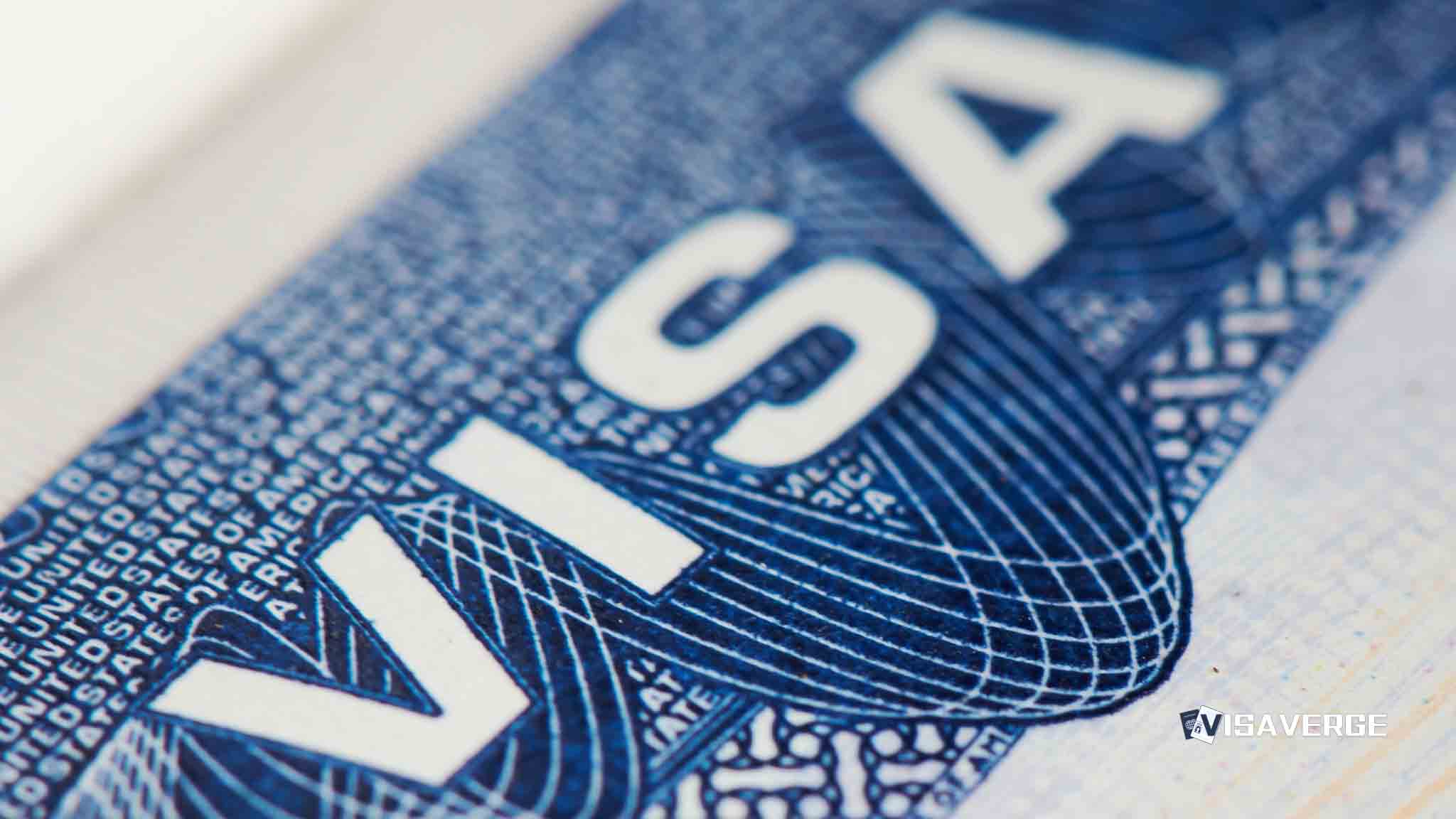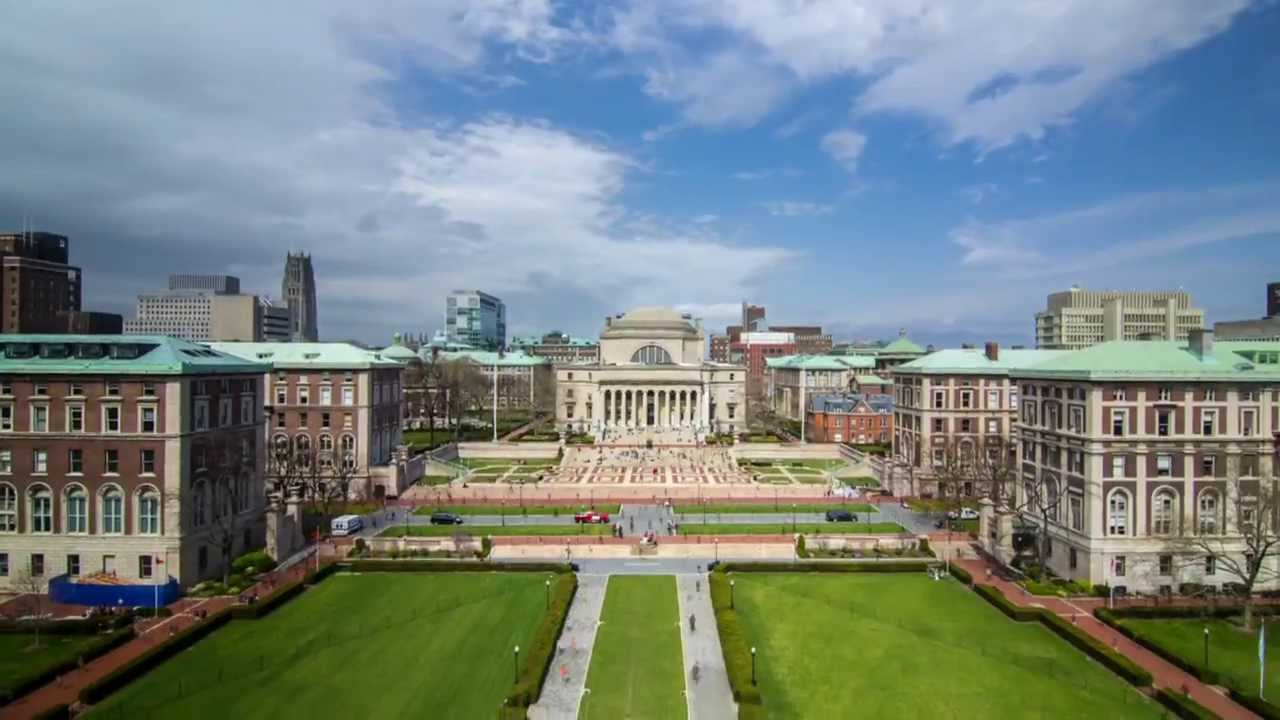Key Takeaways
• Indian students comprise 50% of all US student visa losses in 2025, per NCAPA report.
• Most visa revocations involve minor infractions, not serious crimes or political activity.
• Technological monitoring, inconsistent notification, and unclear appeals increase risk and stress for international students.
A recent report from the National Council of Asian Pacific Americans (NCAPA) has brought to light a startling trend: Indian students are making up half of all international students losing their US visas in 2025. This detailed analysis explores the scale, causes, enforcement practices, and the wider implications of these visa losses, relying on confirmed data and sources. The findings not only highlight the personal impact on these students but also point to broader trends that affect immigration policy and the future of international education in the United States 🇺🇸.
Introduction: Growing Concerns Among Indian Students and US Visas

The scale at which Indian students are losing access to US visas is a cause for deep concern among students, educational institutions, and policymakers alike. According to recent data confirmed by the NCAPA and several legal groups, Indian students are the most affected group, even though India 🇮🇳 remains the largest source country for foreign students in the United States 🇺🇸. The data shows that about 50% of all recorded US student visa revocations or terminations involve students from India 🇮🇳. In the 2023–24 academic year alone, more than 330,000 Indian students were enrolled in US schools, highlighting the wide reach and impact of these policies.
The impact goes beyond individual students. Many have come to the United States 🇺🇸 with big hopes for learning and work but are suddenly facing uncertainty and the risk of being forced to leave. As reported by VisaVerge.com, this harsh change in the status of Indian students points to deeper issues with the current system of US visa enforcement and calls attention to the need for more transparent and fair processes.
Key Findings: The Scale of the Issue
A summary table based on data collected by both the American Immigration Lawyers Association (AILA) and US Immigration and Customs Enforcement (ICE) provides a clear snapshot:
| Metric | Value/Share |
|---|---|
| Total reported student visa losses | ~4,736 SEVIS terminations |
| Share involving Indian nationals | 50% |
| Next most affected nationality | China 🇨🇳 (~14%) |
| Proportion on OPT | ~50% |
| Typical causes | Minor police encounters/infractions |
| Political protest involvement | <1% |
Almost 2,400 of these visa losses have occurred among Indian students. The next largest group, students from China 🇨🇳, make up only about 14%. These numbers reveal a sharp imbalance that cannot be ignored.
Many of the affected Indian students were on Optional Practical Training (OPT), which is a period that lets international students work in the US for up to a year after graduation. Losing their visa status under these conditions not only forces them to leave the country but also ends their legal employment and may keep them from future opportunities in the US.
Underlying Causes: Shifting Immigration Policy
The reasons for the dramatic rise in student visa revocations are closely tied to changes in US immigration policy. Under President Trump’s administration, new rules led to stricter enforcement against international students—particularly those holding F-1 visas, which are used by most foreign students attending US schools and colleges. Administrative steps, such as increased use of SEVIS terminations (SEVIS stands for the Student and Exchange Visitor Information System), have made it easier for immigration officials to revoke the rights of students to remain in the country.
An important and troubling detail found in AILA’s review is that these revocations are rarely linked to serious crimes or political activism. Instead, many stem from minor or unclear violations, like traffic tickets or brief encounters with police. In fact, only about two cases out of hundreds involved any history of political protest. Many others involved situations where the student was not at fault, like being the victim of domestic violence or reporting a crime. These findings suggest that the enforcement actions are aimed more at technical or administrative problems rather than actual wrongdoing.
The Role of Technology and New Enforcement Practices
A new and worrying part of this crackdown is the use of technology to monitor and target international students. Reports show that artificial intelligence (AI) tools and programs such as “Catch and Revoke” are being used to watch students’ social media accounts and online activity. These tools are supposed to help officials find cases of fraud or criminal acts, but they have also led to what some call “arbitrary” decisions. In other words, some students are losing their visas not because of anything they have done, but because their online activity—such as supporting a cause or speaking out on issues—has drawn attention.
Although only a very small number of the recent visa losses are tied to political protest, many students, especially those who post about issues like Palestine advocacy, worry about being seen as a threat. This has had a chilling effect: students feel pressure to stay quiet online and avoid any activities that might lead to them being watched more closely.
Problems With Due Process and Notification
Another sharp criticism found in the NCAPA report deals with due process—the legal right to fair treatment. Many Indian students whose visas were revoked say they never received a clear notice from US authorities. Only about half of affected students got an official notice from Immigration and Customs Enforcement (ICE). Others only found out through an email from a US consulate or from their school, while some received no notice at all. This lack of communication leaves students with little or no chance to defend themselves or challenge the ruling.
Appeals for redress are almost never successful. Legal experts point out that because these visa losses come from changes in administrative policy, the appeals process is difficult and rarely results in a reversal. Sometimes, the first a university learns about a problem is when it checks the SEVIS database and sees that the student’s record has been terminated.
Reactions From Governments and Schools
Unsurprisingly, the Indian government has stepped in. Indian government officials are providing help to affected students and have asked US authorities to be more open about why visas are being revoked and how students can appeal the decision. They also want the US government to make it easier for students to get help and exercise their rights.
Universities are also facing extra pressure. When students suddenly lose their visa status, colleges and schools not only lose current students but also risk damaging their reputation as safe places for international education. The American Council on Education and other education groups have openly demanded more answers from the US government about these changes, arguing that the process is unfair and puts international students at unnecessary risk.
The Larger Picture: Implications for Immigration and Society
The wave of student visa terminations has broader effects that go far beyond individual students and their schools. NCAPA’s review ties these actions to a wider climate of concern among Asian American, Native Hawaiian, and Pacific Islander (AANHPI) communities in the United States 🇺🇸. These groups already face challenges related to civil rights, education, health care, and discrimination. The report highlights that recent policy changes, especially those since the Trump administration, have added to unease within these communities—sometimes even fuelling anti-Asian hate and further barriers to equal treatment.
With Indian students making up half of all students losing their US visas, the message sent to the wider world is clear: US immigration rules are changing in ways that make it harder and less predictable for international students to study and work in the United States 🇺🇸. This has immediate impacts on students’ lives, dreams, and plans, and may also push future students to look elsewhere for their education. It also risks the United States 🇺🇸 losing its position as the destination of choice for top international talent.
Unexpected Patterns and Noteworthy Observations
Several findings from the NCAPA report deserve special mention:
– The overwhelming share of Indian students among those losing visas stands out, especially given that China 🇨🇳, the next largest group, makes up less than one-third of that number.
– The use of technology and monitoring of social media brings new questions about privacy, civil liberties, and the rights of non-citizens in the US.
– Most visa revocations are linked to minor issues—not crime or acts against the government—which challenges the common belief that these actions are about security.
Limitations In The Data
It’s important to note that the true number of visa terminations may be higher than reported. The numbers come from a mix of formal government releases and sample data collected by legal aid groups, which means there could be gaps in coverage or possible underreporting.
In addition, the process for appealing these decisions is not always clear and may differ from one case to another. Many students do not have easy access to legal help or may not know how to challenge a visa loss.
What This Means for the Future
If current trends continue, the harsh environment for Indian students—and other international groups—could have long-term effects. The United States 🇺🇸 depends on international students not only for the tuition they bring but also for their role in research, business, and culture. Making it hard for qualified students to stay can hurt American schools, the economy, and the country’s reputation around the world.
Legal experts, advocates, and governments are all calling for better practices. They want more transparency, more respect for due process, and a system that gives students a fair chance to answer for their actions. They also want universities to be stronger voices for their students and to provide support when problems come up.
Recommended Steps and Helpful Resources
Students, universities, and advocates can take these steps:
– Stay informed about US visa policy by checking official government updates. The US Department of State’s student visa page is a dependable resource for the latest rules and procedures.
– Indian students should maintain up-to-date records, seek legal help early if visa problems arise, and share information with campus support centers.
– Universities should review their own systems for monitoring SEVIS records and train staff to provide clear guidance.
– Advocacy groups like NCAPA continue to press for better policies and protection for all international students.
Summary: What We Learn From The Data
NCAPA’s report, backed by data from AILA, ICE, and university sources, makes one thing certain: Indian students face a rare and heavy risk of losing their US visas due to changing policies and uneven enforcement practices. These removals commonly spring from non-criminal, minor issues, not real threats or crimes. The sudden and often unclear nature of visa terminations adds to the stress and confusion faced by students and their families.
Everyone involved can work for a better system—one that protects students’ rights, ensures fair treatment, and celebrates the positive role international students play in American society. A more open, predictable, and kind approach can help make the United States 🇺🇸 a place where the dreams of students from India 🇮🇳, China 🇨🇳, and around the world are protected and respected.
For additional details about the process of student visa applications, eligibility, and policies, readers can refer directly to the US Department of State’s information for students. Analysis from VisaVerge.com suggests that watching these developments closely will be key to understanding what comes next for both Indian students and the broader field of US visas and international education.
Learn Today
SEVIS → The Student and Exchange Visitor Information System, a database that tracks international students in the United States for immigration compliance.
Optional Practical Training (OPT) → A temporary employment period for international students on F-1 visas after graduation to gain work experience in their field.
Visa Revocation → The process where immigration authorities withdraw a previously granted visa, ending the holder’s legal status and authorization.
F-1 Visa → A nonimmigrant visa allowing foreign nationals to study full-time at approved educational institutions in the United States.
Due Process → The right to fair, transparent treatment under the law, including receiving notifications and opportunities to appeal against decisions.
This Article in a Nutshell
NCAPA reveals that half of international students losing US visas in 2025 are Indian, mainly due to minor infractions and increased automated monitoring. This trend creates uncertainty for students and universities alike, highlighting the urgent need for transparency, fair procedures, and better protections for vulnerable international student communities in the US.
— By VisaVerge.com
Read more:
• Latest data finds location does not impact ENS 186 visa processing times
• Visa Waiver Program grows, but India remains outside US travel list
• STEM OPT Crisis leaves international students facing visa status loss
• Trump Administration Pushes DHS to Grab H-1B Visa Biometrics
• American Visa Waiver Program streamlines US visits for ESTA nations







